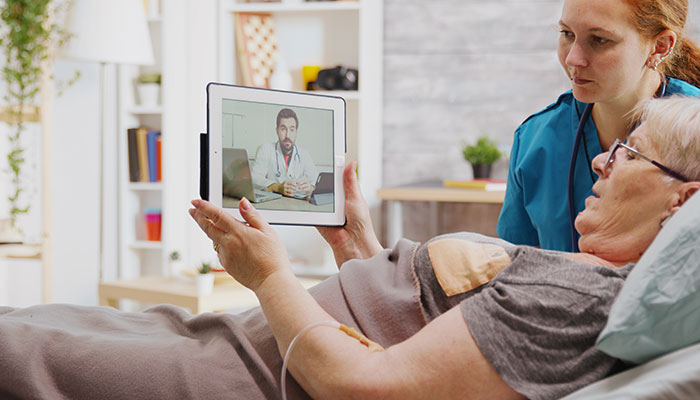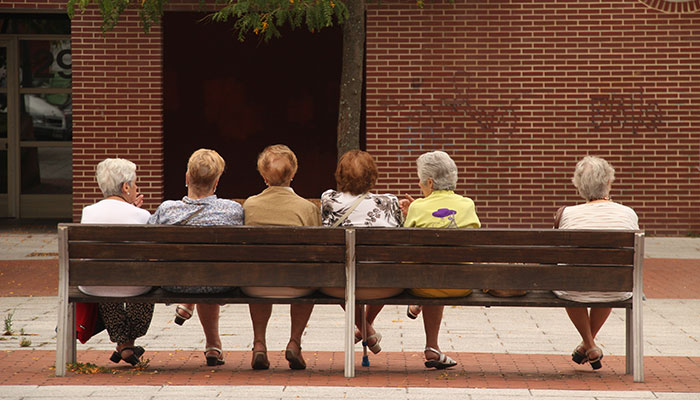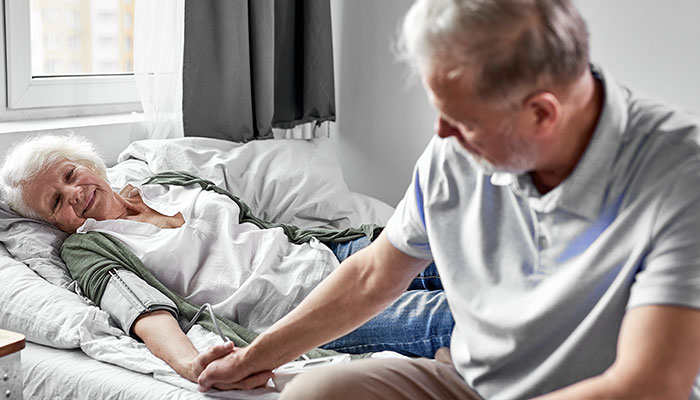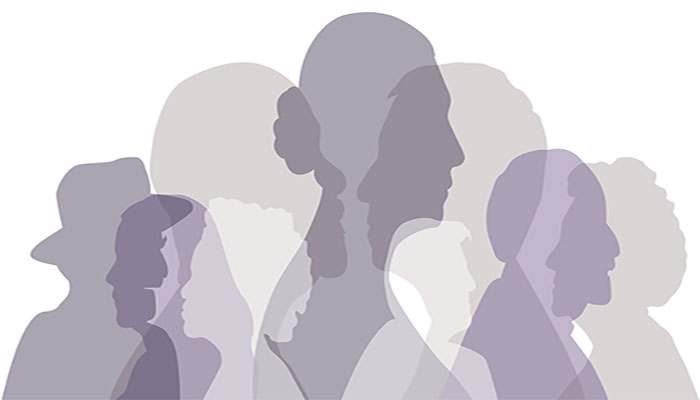Whether it’s a bowl of soup or a bag of groceries, providing food is how we show our love. And when a relative has a serious illness, it’s natural to want them to eat a healthy diet.
Many chronic conditions respond well to specialized diets. Diabetes and heart disease, for instance, can be managed very well with diets low in sugars and fat. When an individual is robust and active, such nutrition supports healthy aging. You may have spent years, even decades, encouraging your loved one to reduce fat, forego salt, or avoid dessert.
With advanced illness or for a frail elder, there may be reason to rethink this approach. It may be time to put some of the gravy back on the table.
The American Dietetic Association points out that eating is more than a physical process. Food is
- social—an opportunity to join with others
- cultural—a ritual that honors history, identity, and place
- emotional—a trigger of fond memories, often bringing soothing effects
For the frail elderly, restrictive diets may not be all that helpful. Instead, dieticians advise an individualized approach that supports overall health and well-being. They recognize that
- enjoyment of life is key to a balanced approach to health
- bland foods can reduce appetite
- losing interest in food depresses quality of life
- not eating enough hastens frailty
If your loved one has an advanced illness or is becoming weaker, it may be that a less restrictive diet is in order. If you are concerned, ask the doctor. Perhaps a review by a dietician can be arranged.
Is quality of life a concern?
As the San Francisco experts in family caregiving, we at Compassionate Community Care notice that families can have the best intentions, but sometimes they are working on momentum, emphasizing treatments that may no longer be helpful since conditions have changed. Would you like assistance with making wise changes? Give us a call at (415) 921-5038. You don’t have to do this alone.










